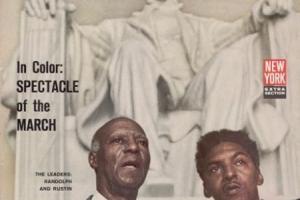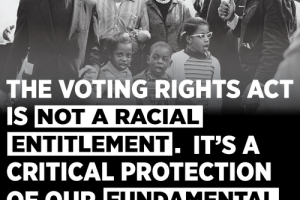Tidbits - August 15, 2013
Portside
 Reader comments: Prisons; Labor Unions; Banning Russia from the Olympics - a Very Bad Idea; Remembering Viola Liuzzo; Bayard Rustin & '63 March on Washington; American Jews & Israeli Racism; Student Debt;
Announcements: FREEDOM '63 REMIXED - Legacies of the March on Washington - Aug 16 -New York; The Forgotten History of the March on Washington, Aug 22 -Washington, DC - two events; Walmart Workers are Standing Up!; CCDS 7th Convention; Useful graphic on Climate Change
Reader comments: Prisons; Labor Unions; Banning Russia from the Olympics - a Very Bad Idea; Remembering Viola Liuzzo; Bayard Rustin & '63 March on Washington; American Jews & Israeli Racism; Student Debt;
Announcements: FREEDOM '63 REMIXED - Legacies of the March on Washington - Aug 16 -New York; The Forgotten History of the March on Washington, Aug 22 -Washington, DC - two events; Walmart Workers are Standing Up!; CCDS 7th Convention; Useful graphic on Climate Change









Spread the word